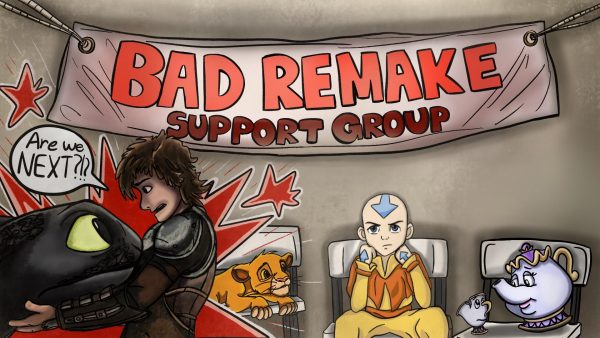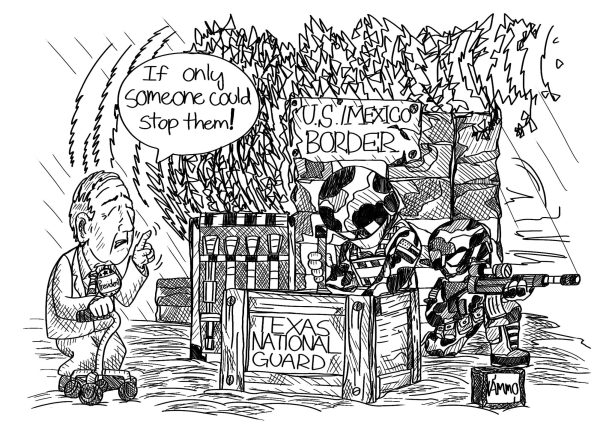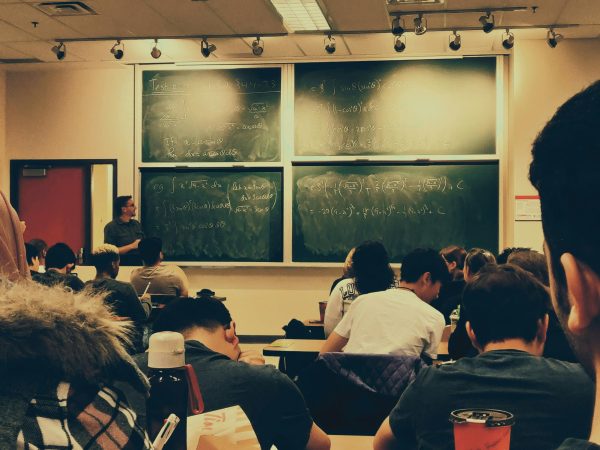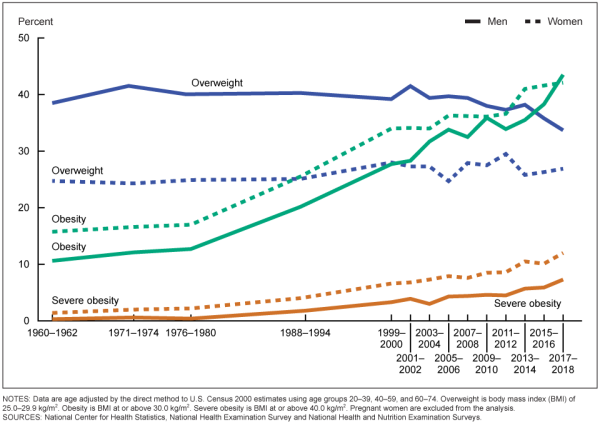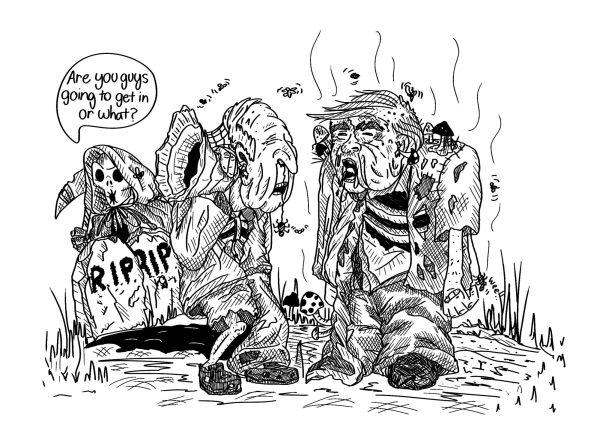Was social networking the spark for a revolution? No: Facebook is revolutionary, not a revolutionary
March 30, 2011
Revolution and revolt is an integral part of the human condition.
Throughout the centuries the course of human history has sometimes been defined by the act of popular protest.
Events like the civil disobedience led by Mohandas Gandhi or the Bolshevik Revolution have been so influential that they changed the way the world functioned.
Gone were the Romanovs and the British Empire and in its place were something completely new.
The wave of popular uprisings in the Middle East and North Africa is just another example of the will of the people changing the course of human history.
What started out as a protest against rampant corruption and human rights violations in Tunisia, ousting the long-standing President Ben Ali, has quickly spread to over a dozen countries.
The result has been the removal of President Mubarak in Egypt and what some are calling a full-scale civil war in Libya. Many will point to social network sites such as Facebook and Twitter as the potential catalysts in this spree of civil unrest.
While these sites and others were, no doubt, integral to the rapid spread of the movement, there have been revolutions before. Facebook was just in the right place at the right time.
There have been popular uprisings in the past and in almost all instances, there have been ties back to the spread of ideas through the use of mass communication mediums.
It was the proliferation of print that allowed Thomas Paine to spread his pamphlet “Common Sense” to the people of the American Colonies.
It was political propaganda that drew people to the side of the Bolsheviks during Red October.
It was the spread of newspapers and pirate radio stations in France that helped strengthen the cause of the French Resistance in World War II. These were tools, an accessible means to an end.
The accessibility of Facebook and Twitter has allowed the revolutionary message to spread quickly, but they are only the medium, the proverbial antennae that transmits the news to the rest of the world.
What really starts a revolution is simple disenfranchisement.
When a people feel like they aren’t represented and they care about that representation enough to risk losing everything to change it, that’s when revolutions happen. It’s not about the tool that’s used, but the people who are using it.






































































